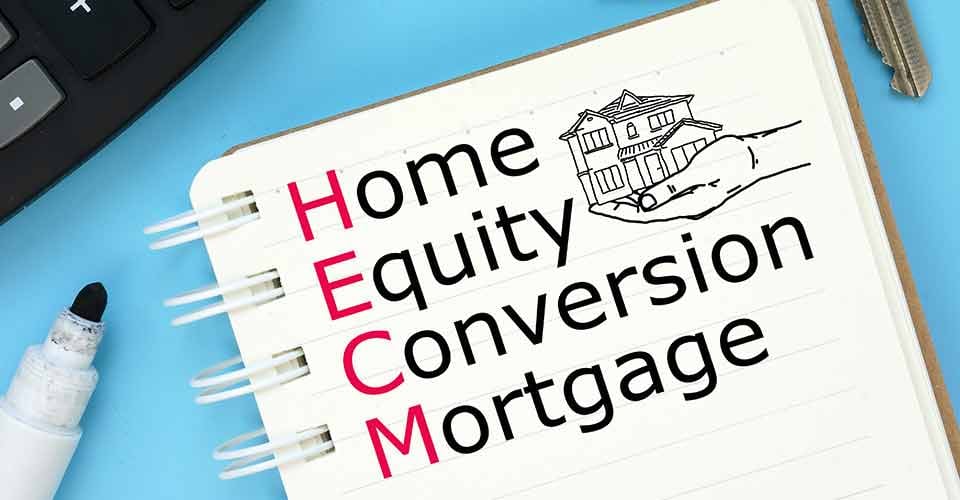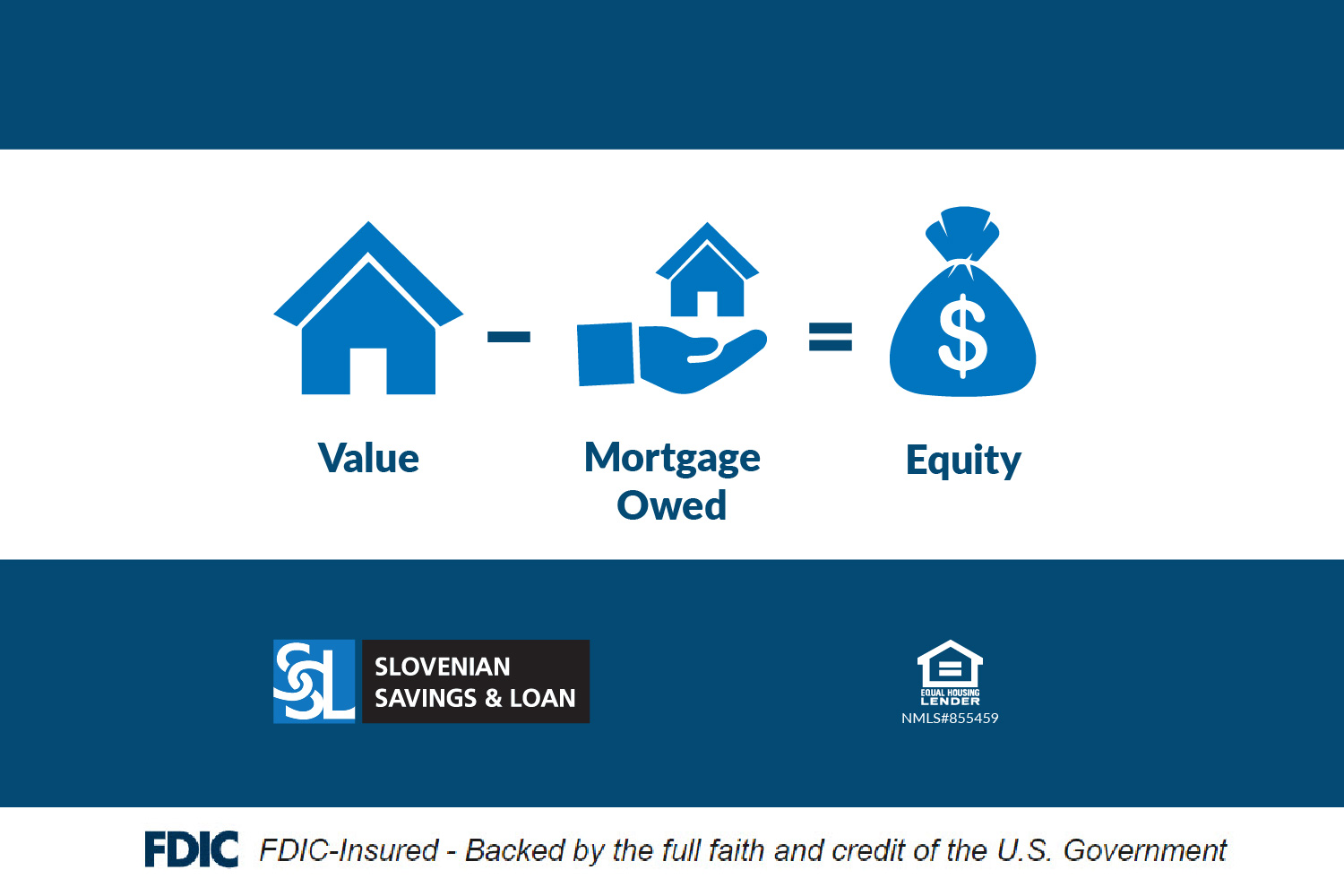Widespread Myths and Facts About Equity Release Mortgages
Widespread Myths and Facts About Equity Release Mortgages
Blog Article
Discovering the Different Sorts Of Equity Release Mortgages Available Today
Equity Release home mortgages existing various options for house owners aged 55 and over. equity release mortgages. These economic items accommodate various demands and choices, allowing people to accessibility funds from their residential property. From lifetime home mortgages to shared admiration home loans, each type provides distinct benefits. Understanding these choices is crucial for making informed decisions. What elements should one think about when picking one of the most ideal equity Release plan? The information that comply with may clarify this vital topic
Understanding Equity Release Mortgages
Equity Release mortgages provide home owners, typically those aged 55 and over, with a means to access the worth tied up in their building without needing to offer it. This financial alternative enables individuals to transform a section of their home equity right into cash money, which can be used for various functions, such as home renovations, paying off debts, or funding retirement.Equity Release can take different kinds, yet it basically involves borrowing against the worth of the home while preserving possession. Homeowners can choose to receive a round figure or a collection of smaller sized repayments, depending upon their monetary requirements and preferences.Additionally, the amount readily available for Release is influenced by the home's worth, the property owner's age, and certain lender criteria. In general, recognizing equity Release home loans is vital for house owners to make enlightened choices concerning using their home's equity while taking into consideration the long-term implications.
Life time Mortgages
Lifetime home loans represent among the most prominent forms of equity Release. This monetary item permits property owners, normally aged 55 or older, to obtain against the value of their residential or commercial property while maintaining ownership. The funding, which is protected against the home, accumulates passion with time yet does not need month-to-month settlements. Rather, the financing and accumulated interest are settled when the property owner dies or moves into long-term care.Lifetime home mortgages provide flexibility, as customers can select to obtain a round figure or select a drawdown center, accessing funds as needed. Notably, lots of plans featured a no-negative-equity assurance, ensuring that debtors will never owe greater than the worth of their home. This attribute gives peace of mind, allowing individuals to appreciate their retirement without the anxiety of depleting their estate. In general, life time home loans serve as a sensible alternative for those looking for financial backing in later life.
Home Reversion Plans

Drawdown Lifetime Mortgages
While several home owners seek methods to access their wide range, drawdown lifetime home mortgages offer a flexible choice that enables individuals to Release funds progressively. This kind of equity Release home mortgage makes it possible for home owners to obtain against the worth of their property while keeping possession. Unlike conventional life time mortgages, drawdown plans enable consumers to access a portion of their equity upfront and withdraw extra funds as required, up to an established limit.This function can be particularly helpful for those that desire to manage their funds meticulously, as it minimizes rate of interest buildup by just charging interest on the quantities attracted. In addition, drawdown life time mortgages typically include a "no unfavorable equity warranty," making certain that customers will never ever owe greater than their home's worth. This choice fits retirees that prefer economic safety and flexibility, permitting them to satisfy unforeseen expenditures or keep their way of life without needing to sell their residential or commercial property.
Enhanced Life Time Mortgages
Improved Lifetime Home mortgages provide distinctive advantages for qualified homeowners seeking to Release equity from their properties. Comprehending the eligibility requirements is necessary, as it identifies who can gain from these specialized finances. It is likewise essential to evaluate the prospective downsides linked with enhanced alternatives, guaranteeing a well-rounded viewpoint on their use.
Qualification Standards Discussed
Recognizing the eligibility standards for Enhanced Lifetime Mortgages is essential for prospective applicants seeking to access the equity in their homes. Generally, candidates need to be aged 55 or older, as this age need is conventional in the equity Release market. Homeowners need to possess a home valued at a minimal threshold, which can vary by lending institution. Importantly, the property has to be their main home and in good problem. Lenders typically evaluate the property owner's health status, as specific wellness conditions might improve eligibility and benefits. Additionally, applicants should not have existing significant debts protected against the home. Satisfying these criteria permits people to check out Improved Life time Home mortgages as a sensible choice for accessing funds connected up in their homes.
Advantages of Enhanced Home Mortgages
After clarifying the eligibility standards, it becomes evident that Boosted Life time Home mortgages supply a number of substantial benefits for property owners wanting to leverage their building equity. Primarily, they give accessibility to a bigger finance amount contrasted to conventional life time home loans, profiting those with health and wellness conditions or age-related aspects that enhance their life span danger. This enhanced loaning ability permits house owners to fulfill numerous economic demands, such as home improvements or retirement expenditures. In addition, these home loans usually come with adaptable settlement alternatives, allowing consumers to manage their financial resources better. The no-negative-equity assurance even more assures that home owners will never ever owe greater than their building's value, providing assurance. Overall, Enhanced Lifetime Mortgages provide a compelling choice for qualified home owners seeking monetary services.
Possible Disadvantages Thought About
While Improved Life time Mortgages use numerous benefits, possible drawbacks necessitate careful consideration. One considerable concern is the influence on inheritance; the equity released minimizes the value of the estate entrusted to beneficiaries. In addition, these mortgages can accumulate substantial interest in time, leading to a considerable debt that may surpass the initial finance quantity. There may additionally be limitations on home modifications or rental, limiting house owners' versatility. Furthermore, boosted items often need certain health and wellness problems, suggesting not all homeowners will qualify. Managing the fees and costs connected with these mortgages can be complex, possibly leading to unexpected costs. Consequently, people should completely evaluate their scenario and seek advice from economic consultants before proceeding.
Shared Recognition Home Loans
Shared Gratitude Mortgages stand for an one-of-a-kind monetary arrangement that permits property owners to access equity while sharing future residential or commercial property value raises with the loan provider. This approach provides potential advantages such as reduced month-to-month settlements, but it additionally comes with disadvantages that must be carefully thought about. Understanding the eligibility needs is crucial for those thinking about this choice.
Concept Introduction
Equity Release mortgages, specifically in the form of shared admiration home mortgages, use home owners a special monetary remedy that allows them to access funds by leveraging the value of their residential or commercial property. In this plan, a lender gives a finance to the house owner, which is usually settled with a share of the residential or commercial property's future gratitude in worth. This indicates that when the house owner sells the residential or commercial property or passes away, the lender receives a portion of the increased value, as opposed to just the preliminary funding quantity. Shared appreciation mortgages can more information be appealing for those looking to supplement their income or finance considerable expenses while preserving possession of their home. Nevertheless, the monetary ramifications of common admiration should be meticulously considered by prospective borrowers.
Disadvantages and benefits
Although common recognition mortgages can offer considerable economic benefits, they likewise come with notable downsides that prospective borrowers must take into consideration. These home mortgages allow house owners to accessibility equity in their residential or commercial properties while sharing a portion of any kind of future recognition with the loan provider. This arrangement can be beneficial during times of increasing home values, using substantial funds without month-to-month settlements. The primary downside is the potential loss of equity; homeowners may end up with considerably decreased inheritance for successors. In addition, the intricacy of the terms can bring about misunderstandings relating to settlement commitments and the portion of admiration owed. It is necessary for customers to weigh these factors meticulously before committing to a common gratitude mortgage.
Qualification Needs
What requirements must home owners fulfill to get approved for a shared admiration mortgage? Mostly, candidates should go to least 55 years of ages, guaranteeing they are within the target market for equity Release products. In addition, the residential or commercial property must be their main house and typically valued above a specified minimum limit, usually around ? 100,000. Lenders likewise evaluate the home owner's financial situations, including earnings and exceptional debts, to establish they can manage the mortgage sensibly. Notably, the home must be in great problem and free from substantial legal encumbrances. House owners should likewise have a clear understanding of this article the terms, consisting of just how appreciation will be shared with the lender upon sale or transfer of the residential or commercial property, as this influences overall returns.
Selecting the Right Equity Release Alternative

Often Asked Questions
What Age Do I Required to Be for Equity Release?
The age need for equity Release normally begins at 55 for most plans. Some companies may use options for those aged 60 and above, mirroring varying terms based on specific situations and loan provider policies.
Will Equity Release Impact My Inheritance?
Equity Release can influence inheritance, as the amount obtained plus rate of interest lowers the estate's value. Beneficiaries may obtain much less than anticipated, depending on the residential property's admiration and the overall debt at the time of passing.
Can I Relocate Residence With Equity Release?
The question of moving house with equity Release arises frequently. Typically, individuals can transfer their equity Release strategy to a brand-new home, but details terms may apply, calling for assessment with the loan provider for assistance.
Exist Fees Related To Equity Release Mortgages?
Charges related to equity Release mortgages can consist of setup fees, evaluation fees, and legal prices. Additionally, there might be very early payment costs, which can affect the overall price and monetary effects for the borrower.
How Does Equity Release Influence My Tax Circumstance?
Equity Release can impact one's tax circumstance by potentially boosting taxable earnings, as launched funds are thought about capital. However, it typically does not sustain immediate tax liabilities, making it vital to speak with a monetary consultant for personalized guidance.
Verdict
In recap, the variety of equity Release home loans available today provides home owners aged 55 and over numerous paths to access their building's value - equity release mortgages. Whether choosing for a lifetime home loan, home reversion plan, or other options, each option presents unique advantages customized to specific financial requirements. Cautious factor to consider and consultation with a financial advisor are important to ensure the picked equity Release option aligns with personal objectives and financial conditions, inevitably assisting in educated decision-making for a secure monetary future. Equity Release mortgages existing various options for homeowners aged 55 and over. Equity Release home loans supply homeowners, normally those aged 55 and over, with a way to access the value linked up in their residential property without needing to market it. Improved Lifetime Mortgages offer unique advantages for check my blog qualified property owners looking for to Release equity from their residential or commercial properties. Equity Release home mortgages, specifically in the type of shared appreciation home mortgages, offer homeowners a special financial option that allows them to accessibility funds by leveraging the worth of their residential property. In summary, the selection of equity Release home loans offered today supplies homeowners aged 55 and over several paths to access their residential property's value
Report this page